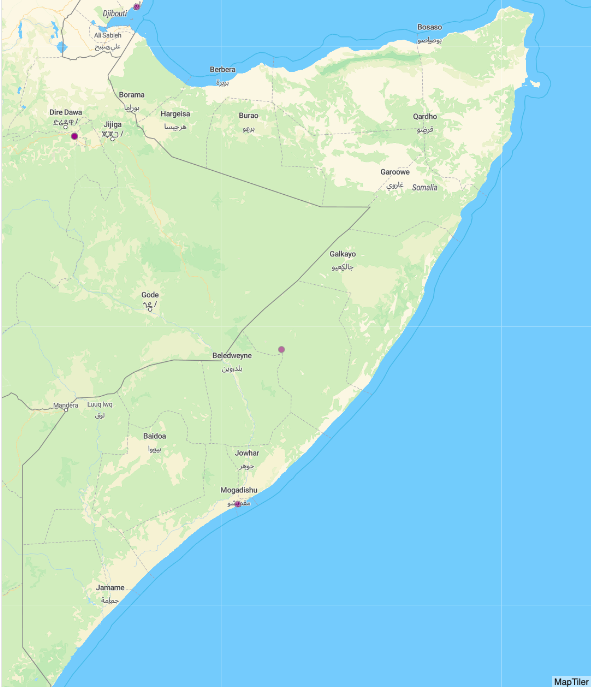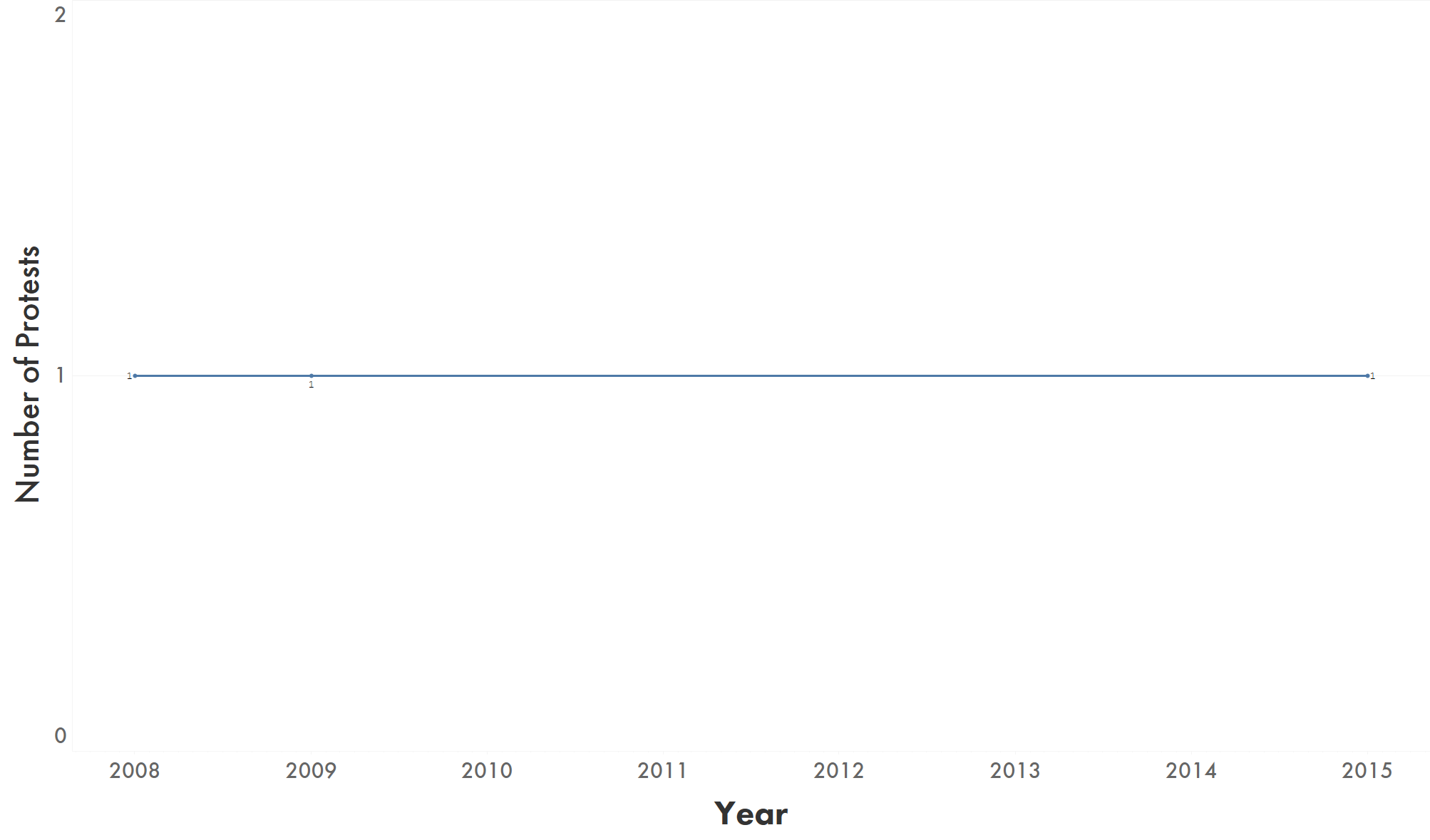Somalia
Somalia is a country of 9 million people. The capital city is Mogadishu, where 1.6 million people live. Somalia is mostly a large semi-desert; it has some grasslands but minimal arable land. It also has flat sandy plains along its Indian Ocean coastline. Somalis have struggled with poverty in large part caused by a series of wars. The country's infrastructure is sparse, and the education system enrolls less than 10% of children. The country achieved independence in 1961. The country has a long history of ethnic divisions. In 1969 the newly elected president was assassinated, and the army led by General Mohammad Siad Barre took over. Siad Barre was an authoritarian ruler and, through the 1980s, made several informal alliances with clans. By 1991 the clans drove Siad Barre from Somalia. The United Somali Congress (USC) attempted to take control, but it was rejected by the Somali Patriotic Movement and the Somali National Movement. At the same time, the country was battling a famine that killed 300,000 people. In 1992 the US-led UN peacekeeping force established peace, but by 1995 when the mandate ended, Somalia's central government no longer existed. Local administrations emerged; the most coherent was Somaliland, which declared its independence in 1991. Its capital was Hargeisa. In 2010 they elected a president Ahmed Mohamed Mohamous Silanyo. The rest of the country has navigated warring factions, along with an autonomous north-east region. Somalia is now on an UN-led 'road map to democracy.'

DATA VISUALIZATIONS

PROTESTS
Somalia-December-2009
,
Students took to the streets to protest after Hizbul Islam (an armed Islamist group which merged with Al-Shabaab) arrested a head teacher who raised a Somali flag above his head. The students were fired upon by Hizbul Islam. 2 students were killed and another 5 were injured. (Primary Source)
Somalia-September-2008
Mogadishu,
A three day protest against the insecurity and attacks targeting institutions in Mogadishu has shut down most schools. The strike consists of 90% of primary and secondary schools in Mogadishu. The protest was organized by Education Fraternity. (Primary Source)